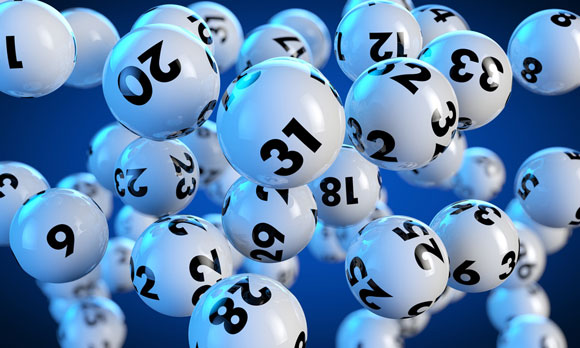
The Allure and Evolution of the Lottery: A Comprehensive Exploration
The lottery—a simple concept with profound implications—has captivated the human imagination for centuries. From its ancient origins to its modern manifestations, lotteries have transformed from humble beginnings into multi-billion dollar enterprises that influence millions of lives worldwide. This article explores the evolution, impact, and societal significance of Alexistogel, shedding light on their enduring allure and the controversies they engender.
Origins and Historical Significance
The history of the lottery is as old as civilization itself. Evidence suggests that lotteries were used in ancient China during the Han Dynasty (205–187 BCE) to fund major state projects, including the Great Wall. Similarly, the ancient Greeks and Romans employed lotteries for various purposes, including funding public works and distributing prizes.
In Europe, lotteries gained prominence during the Renaissance. The first recorded public lottery in Europe took place in 15th-century Flanders (modern-day Belgium) and Italy, primarily to raise funds for charitable causes. By the 16th century, lotteries had spread throughout Europe, funding everything from infrastructure projects to naval expeditions.
The Lottery in America
The lottery’s journey to America began with the early European settlers. The first American lottery was established in 1612 in Jamestown, Virginia, to fund the colony’s development. This early American lottery was a means to raise money for public and private ventures, laying the groundwork for a tradition that would evolve significantly over the centuries.
By the 19th century, lotteries became entangled with controversy and scandal. Many states began to ban them due to widespread fraud and manipulation. However, the Great Depression in the 1930s saw a resurgence of interest in lotteries as a means to generate revenue during challenging economic times. States such as New Hampshire and Pennsylvania pioneered modern lotteries, leading to the establishment of more regulated and transparent systems.
The Modern Lottery: A Multi-Billion Dollar Industry
Today’s lotteries have transformed into sophisticated enterprises characterized by massive jackpots, intricate rules, and extensive marketing campaigns. The lottery industry has expanded globally, with national and international games such as Powerball and EuroMillions captivating millions with the promise of life-changing winnings.
Modern lotteries often feature a range of games, from traditional number-draw games to instant-win scratch cards and online lottery platforms. Technological advancements have revolutionized the industry, allowing for online ticket purchases, live-streamed draws, and interactive gaming experiences. These innovations have broadened the reach of lotteries, making them accessible to a global audience and increasing their revenue potential.
The Societal Impact of Lotteries
The lottery’s societal impact is complex and multifaceted. On one hand, lotteries generate significant revenue for governments and charitable organizations. In many countries, lottery proceeds fund essential services such as education, public health, and infrastructure projects. For instance, in the United States, lottery funds contribute to educational programs and scholarships, while in the UK, the National Lottery supports a range of charitable causes, from arts and heritage to sports and environmental projects.
However, lotteries also face criticism for their potential to exploit vulnerable populations. Critics argue that lotteries disproportionately affect low-income individuals, who may spend a larger percentage of their income on tickets in the hope of striking it rich. This regressive nature of lotteries raises ethical concerns about their role in society and the potential for encouraging gambling addiction.
The Future of Lotteries
As we look to the future, the lottery industry faces several challenges and opportunities. Technological advancements will continue to drive innovation, with mobile apps and blockchain technology potentially transforming how lotteries operate and ensuring greater transparency and security.
Moreover, regulatory frameworks will need to evolve to address emerging issues such as online gambling, cross-border gaming, and the ethical implications of lottery practices. Striking a balance between maximizing revenue and ensuring responsible play will be crucial for the industry’s long-term sustainability.